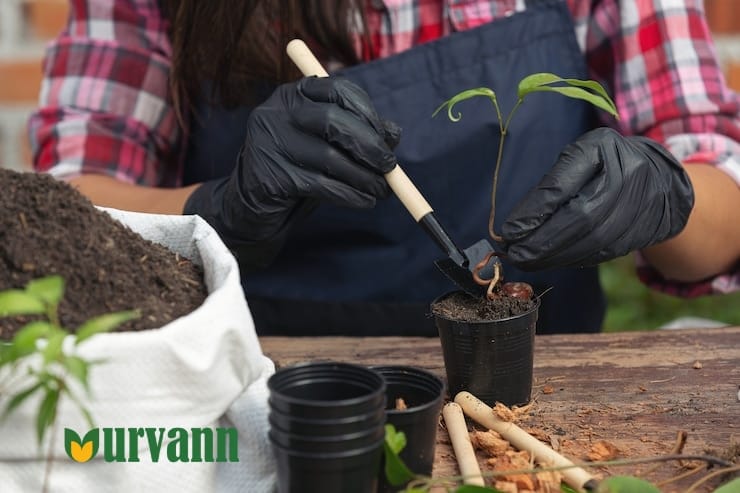Introduction:
Healthy and vibrant plants are the pride of any garden enthusiast. The secret to nurturing lush greenery lies in the quality of the soil and the nutrients it provides. While chemical fertilizers have been widely used, the demand for organic fertilizers is growing rapidly due to their numerous benefits. In this article, we explore the world of organic fertilizers and their significance in promoting plant growth and environmental sustainability.
Essential Nutrients for Plant Growth:
To understand the importance of organic fertilizers, it's essential to grasp the role of key nutrients in plant nutrition. Nitrogen, phosphorus, and potassium, also known as NPK, are vital for plant growth. Nitrogen promotes leaf and stem development, phosphorus encourages root growth and flower production, and potassium aids in overall plant health and disease resistance. Organic fertilizers provide these essential nutrients in a natural and sustainable manner.
Top-Rated Organic Fertilizers for Vibrant Vegetable Gardens:
Dry Organic Fertilizers:
Compost: Compost is a nutrient-rich organic matter created from the decomposition of organic waste. It enhances soil fertility, improves moisture retention, and provides a steady release of nutrients.
Bone Meal: Derived from crushed animal bones, bone meal is an excellent source of phosphorus and calcium. It promotes root development and strengthens plants, particularly in vegetable gardens.
Liquid Organic Fertilizers:
Worm Casting Tea: Worm castings, or vermicompost, are the rich organic matter produced by earthworms. Brewing worm casting tea creates a nutrient-dense liquid fertilizer that can be applied directly to the soil or used as a foliar spray.
Seaweed Extract: Seaweed extract is derived from seaweed and contains a wide range of trace minerals, growth hormones, and beneficial compounds. It enhances plant growth, improves resistance to stress, and increases nutrient uptake.
Growth Enhancers:
Mycorrhizal Fungi: Mycorrhizal fungi form a symbiotic relationship with plant roots, enhancing nutrient absorption and water uptake. Adding mycorrhizal fungi to the soil promotes stronger and healthier plants.
Compost Tea: Compost tea is created by steeping compost in water, allowing beneficial microorganisms to multiply. It enriches the soil with beneficial bacteria and fungi, improving plant health and nutrient availability.
Empowering Your Vegetable Garden Through Soil Testing and Fertilization:
To maximize the benefits of organic fertilizers, it is crucial to understand the specific needs of your soil and plants. Conducting a soil test can provide valuable insights into nutrient deficiencies or imbalances. Based on the test results, you can choose organic fertilizers that address the specific requirements of your garden, ensuring optimal plant growth and productivity.
Conclusion:
Organic fertilizers offer a natural and sustainable approach to plant nutrition, promoting healthy growth. By harnessing the power of organic fertilizers, you can cultivate vibrant vegetable gardens and contribute to a greener and more sustainable future. Explore the range of fertilizers available at Urvann and witness the transformative effects they have on your plants.
Frequently Asked Questions
What is the best organic fertilizer for all plants?
The best organic fertilizer in India for all plants is well-decomposed compost. It provides a balanced array of nutrients, improves soil structure, and enhances microbial activity.
How do you make natural fertilizer for plants?
Natural fertilizer can be made by composting kitchen scraps, yard waste, and other organic materials. This process allows for the decomposition of these materials into nutrient-rich compost.
How do you choose the right organic fertilizers for different types of plants?
Choose organic fertilizers based on the specific nutrient requirements and growth stages of different plant types.
How much fertilizer should you use in a garden?
The amount of fertilizer to use in a garden depends on the plant's needs and the soil's nutrient levels. It’s good to fertilise plants every month during their growing period.
What is a good homemade plant fertilizer?
A good homemade plant fertilizer can be made by mixing compost, diluted coffee grounds, and banana peels in water.


0 Comment